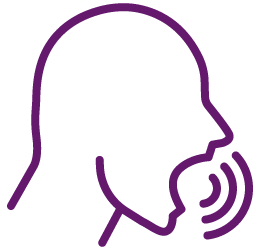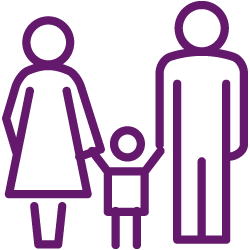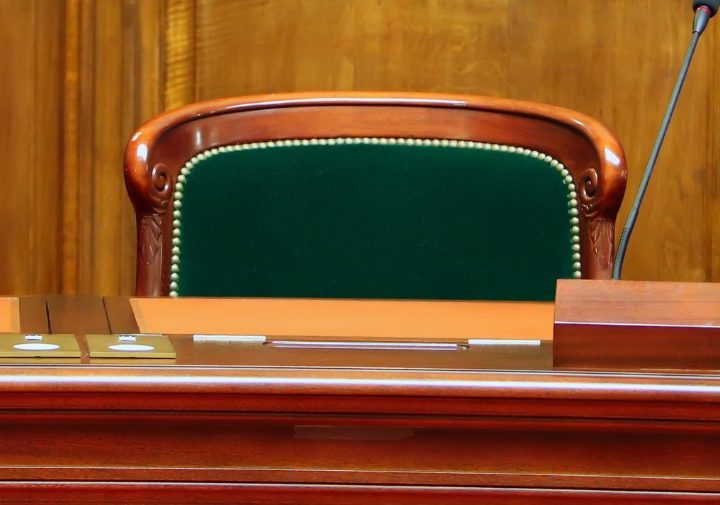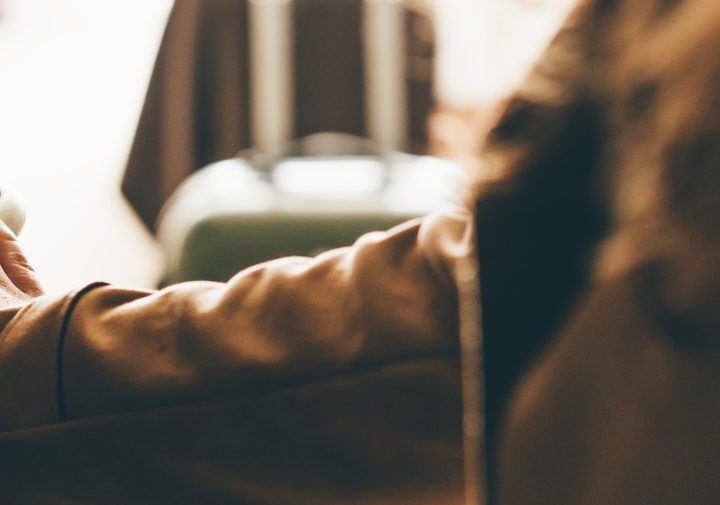Euro 2024 kicks off tonight as hosts Germany take on Scotland. England will begin their campaign on Sunday against Serbia which will no doubt once again bring the country out to support the team and hope that, finally, football might come home again for the men’s team.
With that sense of hope for many, however, comes a sense of dread for some. Studies have found that instances of domestic abuse rise by up to 38% after football matches and, with a packed schedule of fixtures set to take place over the next month, this leaves many people feeling vulnerable.
It’s important to say that football itself doesn’t cause domestic abuse but the culture around football, including drinking, drug taking, and gambling can exacerbate domestic abuse, particularly when combined with heightened emotions of a football match.
Campaigners are using the beginning of the Euro 2024 tournament to increase awareness of domestic abuse; the signs you can look out for if you suspect someone is a victim of domestic abuse; and the steps you can take if you yourself are experiencing domestic abuse.
Women’s Aid, the charity which supports survivors of domestic abuse, has launched an awareness campaign and fundraiser pushing the message “you are not alone, it is not your fault and there are people who will understand and help.” Money raised from the campaign will fund life-saving services that the charity offers to women and children living in fear of domestic abuse. You can find out more about their fundraiser here.
Signs that someone may be experiencing domestic abuse
Some of the common signs that someone may be experiencing domestic abuse or violence include:
-
Acting like they are ‘walking on eggshells’ around their abuser and constantly checking in with them;
-
Struggling to express their own opinion without deferring to their abuser;
-
Changes in personality (such as low self-esteem in a previously confident person);
-
Excuses for any injuries;
-
Not attending work, school, or social occasions without any clear reason;
-
Never having money on hand;
-
Always wearing long sleeves or high neck clothes, even if the weather is hot, to cover bruises or injuries.
What Can You Do If You Are Experiencing Domestic Abuse?
The first step in escaping a situation of domestic abuse is to recognise that you are not alone and to reach out for help; whether to a friend or family member, to a professional such as the police or a lawyer, or to a domestic abuse charity. A professional or domestic abuse charity will listen to your story and advise you on your next steps while a friend or family member could provide you with additional support and back up.
Legal Support Following Domestic Abuse
In Farleys’ family team, we have specialists who can support survivors of domestic abuse. If you think you might be a victim of domestic abuse, and you need assistance in leaving the environment you are in, we can support you in obtaining legal funding (subject to means and merits assessment) and assist you in obtaining the court’s protection. To speak to a specialist in confidence, please call 0845 287 0939, contact us by email, or use the online chat below.










